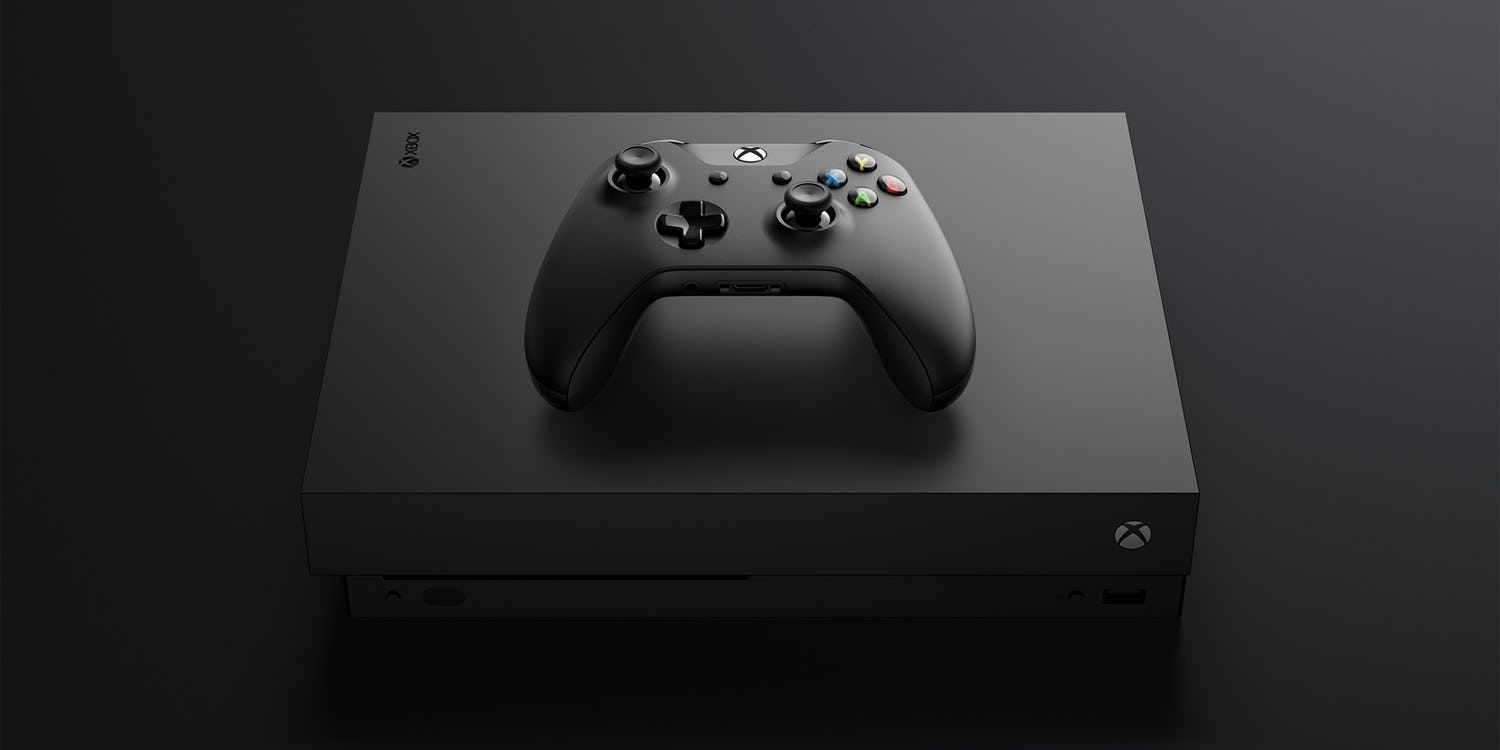An Xbox creator recently revealed that former Xbox chief Don Mattrick never believed in Xbox, not even in the beginning. Blackley would know: the history of the Xbox console can be traced back to him: he was one of four engineers on Microsoft's DirectX team that constructed a prototype for the first Microsoft video game console. That team approached Microsoft heads, with the idea eventually getting pitched to Microsoft founder Bill Gates, who supported it.
In 2013, when both Microsoft and Sony announced the next-generation of consoles and presented them at that year's E3, Sony was the console that came out ahead. This was mostly due to Microsoft's controversial stance on digital rights management on the Xbox One: games would get tied to users' Xbox Live accounts and could only trade games at certain retailers to transfer rights of a game from one person to another. The console would also need to be connected to the Internet often to verify the licensing for the games. This controversy essentially handed the console war over to Sony, who used its E3 press conference that year to announce that its new system, the PlayStation 4, would not have digital rights management or require the system's Internet connection to be "always on." As a result, Xbox One sales have never caught up to the PS4.
Related: Next-Gen Xbox Games Should Release On Switch (& Other Platforms)
Former Xbox game designer Seamus Blackley recently tweeted that Mattrick never really believed in the Xbox console. Blackley stated that the former Xbox chief thought that a Microsoft video game console was just not possible.
Fortunately, for Xbox, Mattrick eventually left the company in 2013. His replacement, Phil Spencer, proved to be someone more confident about Xbox and its abilities. Under Spencer's leadership, the company unveiled backward compatibility, a feature that allowed players to play Xbox 360 games on the Xbox One. Backward compatibility is also unavailable on the PS4, which help give Xbox an edge. That brought some positive buzz to Xbox consoles again and has made backward compatibility one of the critical features required for the next generation of consoles.
It's evident that Xbox's problems began with a man in charge who never believed in the system. Microsoft, though, is moving forward: the industry expects the company to release a digital-only version of the Xbox One soon. Xbox is also hard at work with its next-generation console, Xbox Scarlett. With details relatively scarce about both Xbox and Sony's newest consoles, there's a chance that the next generation of console wars could be more hotly contested - especially with the Nintendo Switch such a prominent factor already.
More: Expect A Big E3 2019 From Xbox - This Is Their Moment
Source: @SeamusBlackley

